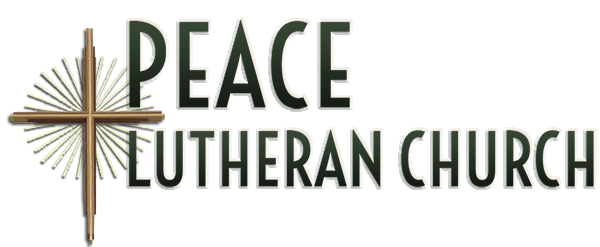Ash Wednesday for the busy believer!
For people who don’t have time to get to church for the traditional start to Lent on Feb. 14, PEACE Lutheran Church in Grass Valley offers a solution:
Ashes to go.
Commuters and folks on their lunch breaks can drive to the church at 828 W. Main St. and get their ashes without even exiting their vehicles. All they need to do is drive around the building to the portico on the west side, from 7 to 9 a.m. and again from 12 to 2 p.m. on Wednesday, Feb. 14.
Ash Wednesday, Feb. 14
- Ashes to Go: Drive-thru imposition of ashes 7-9 a.m. & 12-2 p.m.; drive around the building and follow the signs to the west portico
- Ash Wednesday Service: In the Sanctuary, 3 & 7 p.m.
- Where: PEACE Lutheran Church, 828 W. Main St., Grass Valley (near downtown)
The Rev. Eileen Smith Le Van will stand ready to reach through an open window and touch the forehead of all who come, making the sign of the cross. She will offer a short blessing and ask each comer about any prayer concerns, which will be lifted up.
It’s a way of taking God to the people, she says.
“This is for anyone who desires to make a connection to God,” Smith Le Van explains. “If they want to know more, they are welcome to come to either of the services at 3 p.m. and at 7 p.m. in the Sanctuary.”
Ash Wednesday is the traditional start to Lent, a 40-day period in which human frailty and mortality contrast with divine and limitless love. Like a period of pilgrimage, it leads practitioners to the hope proclaimed at Easter.
Some Lutherans see such rituals as a call, not to piety, but to action in Christian love on behalf of vulnerable people, wrote the Rev. Amy Reumann, director of advocacy for the Evangelical Lutheran Church in America.
“God offers us a promise: Our most holy actions won’t save us, but neither will our most cowardly or selfish condemn us,” Reumann wrote.
The idea is rooted in the notion of grace — that God loves us, forgives us and gives to us regardless of whether we deserve it. It is our faith in Jesus — God’s Son who lived, died and was raised up again — that makes us right with God. God wants us to do good works for others out of love for and gratitude to Him; it’s a way of sharing God’s love. But those good works don’t get us into heaven. St. Paul writes about grace in his letter to the Romans, and theologian Martin Luther made it a central tenet of his theology.
Reumann cited Luther to underscore the point: “God doesn’t want our good works. But our neighbor does.”
Ashes rooted in tradition
In Jewish tradition and throughout the Bible, ashes are a sign of repentance and even grief. The first mention of the use of ashes to mark the beginning of Lent appears to be that of the English Abbot Aelfric of Eynsham. In his “Lives of the Saints,” written around 1000 A.D., Aelfric encouraged sprinkling ashes on one’s head at the beginning of Lent to denote repentance. Some Christian churches in Europe, including the Catholic pope in Rome, continue that tradition.
(Other non-Christian traditions also have used ashes for ritual purposes, according to researchers.)
In recent decades, many Protestant churches around the world have taken up the use of ashes at the start of Lent, an outgrowth of the ecumenical movement. American churches typically apply ashes to the penitent’s forehead in the form of a cross – evoking the death of Jesus the Christ at the end of Lent. That practice may have started in the Catholic Church, applying ashes to women’s foreheads because they covered their heads, suggested Fr. Fr. Edward McNamara, dean of theology at the Pontifical Athenaeum Regina Apostolorum in Rome.

